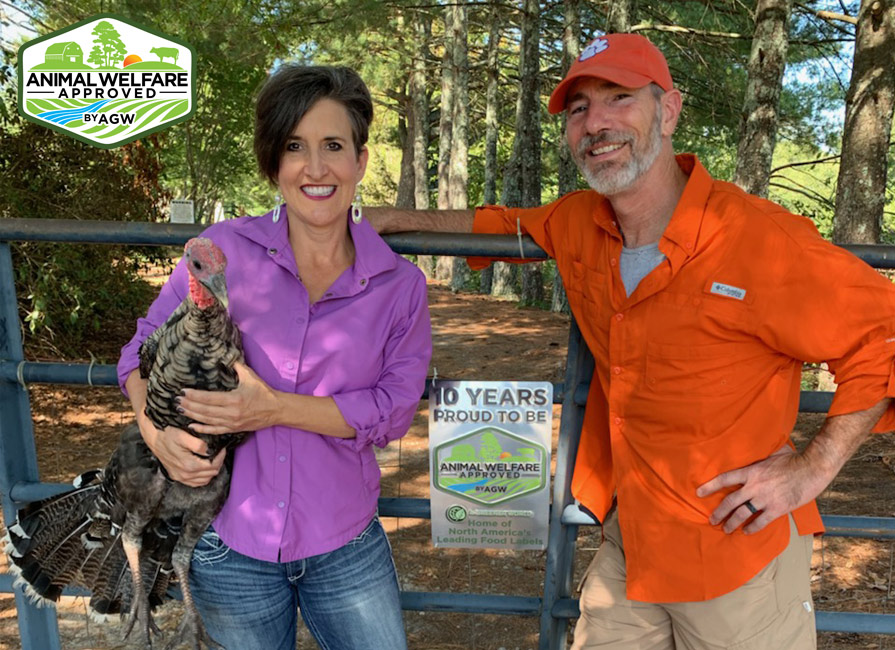This Thanksgiving, Eat Like A Pilgrim
Here at AWA, we’ve been thinking a lot about this special holiday and how we may have more in common with our ancestors than we think. Upon arriving in America, the early pilgrims ate what was locally available (granted, they didn’t have an alternative!). This happened to be animals that ranged and foraged in the woods and pastures, eating a diet specific to their natural needs and free from non-therapeutic antibiotics or added hormones. Sounds like a Certified AWA farm, doesn’t it? Meat, dairy, and eggs from animals raised outdoors on pasture or range is better for you, better for farmers, and better for the planet all great reasons to give thanks.

